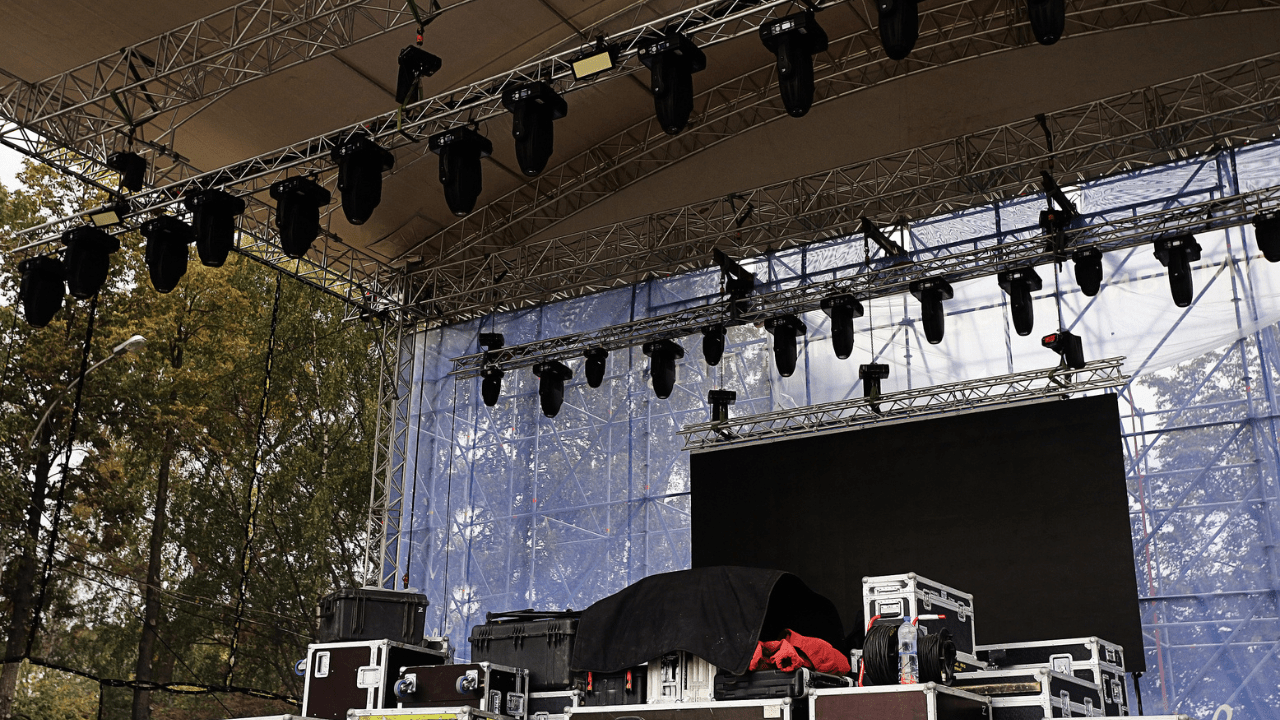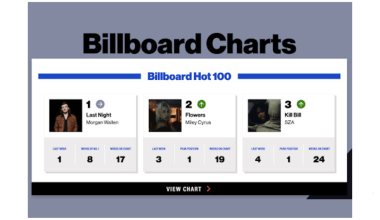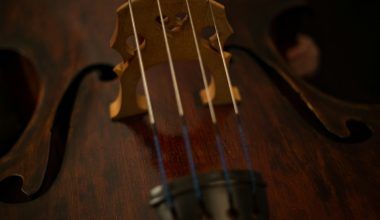Music production requires precision, clarity, and balance, and choosing the right speakers is critical for achieving a professional sound. Whether you are a beginner building your first home studio or a seasoned producer upgrading your gear, understanding what to look for in speakers for music production will make a big difference in your work.
In this guide, we’ll explore everything you need to know about selecting the best studio monitors, their importance in the production process, and how to optimize your setup for stellar results.
What Are Studio Monitors and Why Are They Important?
When it comes to music production, “studio monitors” is the term used for speakers specifically designed to provide an accurate, uncolored, and flat frequency response. Unlike consumer-grade speakers, which enhance certain frequencies for a pleasing listening experience, studio monitors deliver sound exactly as it is—flaws and all.
This honesty is crucial for music production because it allows you to make precise adjustments to your mix, ensuring that your tracks sound great on any playback system. For producers and engineers, these speakers are non-negotiable tools for success.
Key Features to Look for in Speakers for Music Production
When shopping for the best speakers for music production, keep these essential features in mind:
- Flat Frequency Response
Studio monitors should produce a neutral sound to accurately reflect your mix without adding coloration to the audio. - Size and Room Compatibility
The size of the speaker should match your studio space. Larger monitors might overpower a small room, while smaller monitors may lack the necessary depth for a large space. - Active vs. Passive Monitors
Active monitors come with built-in amplifiers, while passive monitors require an external amplifier. Most modern producers prefer active monitors for their convenience. - Nearfield vs. Farfield Monitors
Nearfield monitors are designed for close listening, making them perfect for home studios. Farfield monitors, on the other hand, are better suited for large, professional studios. - Build Quality and Materials
Speakers with sturdy cabinets and high-quality drivers provide better sound clarity and durability over time.
Top Brands for Music Production Speakers
Several brands dominate the market when it comes to studio monitors. Here’s a quick overview of the most trusted names:
- KRK Systems: Known for their iconic yellow cones, KRK monitors are popular among hip-hop and electronic music producers for their punchy bass response.
- Yamaha: Yamaha’s HS series, especially the HS5 and HS8, offers a clean, balanced sound ideal for mixing across various genres.
- Adam Audio: Featuring ribbon tweeters, Adam Audio monitors excel at delivering detailed high frequencies.
- JBL: JBL monitors, particularly the LSR series, are a great choice for budget-conscious producers who need reliable sound quality.
- Genelec: For those seeking top-tier performance, Genelec monitors are renowned for their precision and clarity.
Setting Up Your Speakers for Optimal Performance
Purchasing high-quality speakers for music production is just the first step. Proper setup is equally important to ensure you get the best results:
- Speaker Placement
Position your speakers in an equilateral triangle with your listening position to create a balanced stereo image. - Room Treatment
Invest in acoustic treatment such as bass traps, diffusers, and absorbers to minimize sound reflections and create a controlled listening environment. - Calibration
Use calibration tools or software to fine-tune your speakers to your room. This step ensures accurate sound reproduction. - Isolation Pads
Place isolation pads under your monitors to reduce vibrations and improve clarity.
Budget-Friendly Options for Beginners
Not everyone has a big budget to start with, but that doesn’t mean you can’t find excellent speakers for music production. Here are some budget-friendly options:
- PreSonus Eris Series: A great entry-level option with impressive sound quality for the price.
- Mackie CR-X Series: Compact and affordable, perfect for smaller home studios.
- Behringer Studio Monitors: Known for delivering decent performance at a very affordable cost.
If you’re an experienced producer looking for high-end speakers, consider these advanced features:
- DSP Integration: Digital signal processing (DSP) adjusts the speaker’s output to optimize sound for your room.
- Wireless Connectivity: Some modern monitors offer Bluetooth or Wi-Fi connectivity for convenience.
- Multiple Input Options: High-end monitors often include balanced XLR, TRS, and unbalanced RCA inputs for greater versatility.
Common Mistakes to Avoid When Choosing Studio Monitors
- Relying Solely on Reviews
While reviews provide valuable insights, always test monitors in person if possible. Your ears are the best judge. - Ignoring Room Acoustics
Even the best speakers won’t perform well in a poorly treated room. Prioritize acoustic treatment alongside your speaker purchase. - Overestimating Size Needs
Bigger speakers are not always better. Choose a size appropriate for your workspace to avoid overpowering your room.
Conclusion:
Choosing the best speakers for music production is an investment in your craft. By understanding the importance of flat frequency response, matching your speakers to your space, and optimizing your setup, you can create a listening environment that brings out the best in your mixes.
Whether you’re just starting out or you’re an experienced producer looking for an upgrade, the right studio monitors will ensure your music sounds incredible on any playback system.
Related Articles:
For further reading, explore these related articles:
- Dual Stereo Speakers – Enhance Your Audio Experience
- Stereo Speakers Meaning – Everything You Need to Know About Stereo Sound
- Mono vs Stereo Speakers – Choosing the Right Sound for You
For additional resources on music marketing and distribution, visit Deliver My Tune.






